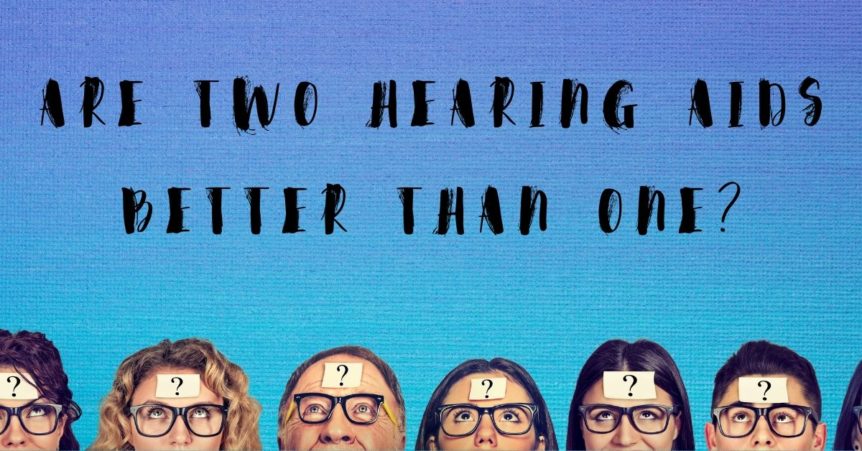In many cases, the term reorganization isn’t associated with the brain. However, new research shows that brain reorganization is what happens when people start losing their hearing. Yet, this discovery and information are flaking new light on the correlation between dementia and hearing loss. Besides, it’d have lasting inferences for hearing loss screening and involvement.
The research was conducted by the Department of Speech-Language and Hearing Science at the University of Colorado. It observed the role of neuroplasticity in the reworking of the brain after hearing loss. Neuroplasticity refers to the reorganization of the brain by creating new neuron networks during life.
Thus, how’s the brain’s adaptation to hearing loss and the resulting implications?
Conservative insight used to assess the brain as inert and unable to change, but scientists now withdraw the view. In the event of hearing loss, the section of the brain devoted to hearing can be redistributed to other roles.
The study’s contributors included children and adults with variable hearing loss degrees. Some suffered from severe hearing impaired or deaf, while others only had mild hearing loss. The researchers used up to 128 devices attached to the scalp of every subject. To measure brain activity in retort to sound stimulation, they used EEG recordings.
By so doing, they were able to recognize how the brains of individuals with different hearing loss degrees reply differently than those with normal hearing. This is where the use of hearing aids comes in.
Almost always, we endorse two hearing aids if one has hearing loss in both ears. That’s because hearing becomes better with two hearing aids in comparison to one. Your audiologist will program every hearing aid discretely, to match the exact amplification levels required for each ear. Note that it’s usual to have different hearing loss levels in every ear. It’s a standard recommendation.
So, why are two hearing aids better than one?
Brain stimulation
To keep the body healthy and in good working condition, we require regular exercise. Similarly, failure to use our muscles tend to fail and might even weaken over time. Thus, don’t risk hearing deficiency. Though your ears aren’t muscles, doing so may make the auditory nerve paths less effective at decrypting the sound around you. It can transpire to the related brain centers.
Hearing healthcare experts refer to auditory deprivation as difficulty in understanding speech, especially in the presence of noise, when its loud enough to hear it. Wearing two aids helps each ear to pick up sound and get the stimulus it requires to stay at peak performance. This was proven in a study.
Better sound quality
Hearing aids are essential because even with the ability to hear speech, the sound is unclear. It may mean having trouble understanding other people even in your good ear, which is the foundation of effective communication. Study shows wearing two hearing aids makes conversation clearer and possible to comprehend sound.
Low amplification
Two aids provide binaural synopsis, which is when a hearer perceives a higher volume of sound with two ears is simultaneously presented with a stimulus. Also, this spectacle is linked with a more exceptional ability to classify frequencies and speech understanding in both noisy and quiet places. With this, you can save on batteries or wear smaller hearing aids.
Tracking the sound source
Understanding sound localization is something individuals with regular earshot take for granted. This can be important for safety issues. Both our ears work in accord to ease localization, and individuals with single-sided deafness may result in difficulties with the skill.
Improved user approval
Many hearing healthcare experts know their patients report improved hearing aid gratification with two hearing aids rather than one. A 2011 research showed 46% of individuals reported a partiality for wearing only one device. Yet, those who reported having more hearing strain in daily life showed a solid partiality for two hearing aids.
So, when is one better than two?
Some study shows that for individuals with dementia or cognitive delays, one hearing aid might work better than two, even if an individual has a hearing injury in both ears. It’s supposed that two hearing aids are over-exciting for auditory paths and the brain.

